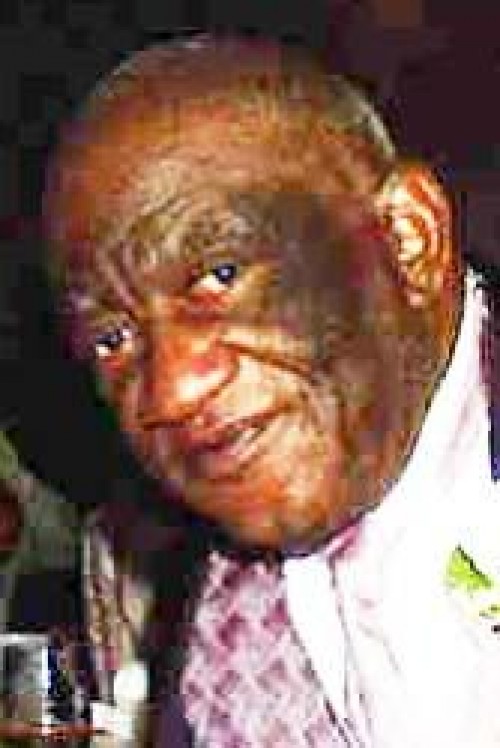Ariel Lynn Guidry
November 11, 2008
Southern Smith
November 13, 2008Every four years, right after the presidential election, I find myself on a “soap box” shouting for a change in our national elections.
This has nothing to do with any of the candidates who were elected or those who lost. My beef is with the outdated system we use to elect our national leaders.
My first complaint is that the election takes too long. Two years is too long. Candidates announce their intention to run for the highest office in our land about two years before Election Day. This is a waste of personnel, time and money.
Every state wants to be a determining factor in electing the candidate who will run for the office of president. So we had this big “fight” at the end of 2007 about which states should be the first to cast their votes to represent their particular party. This method is a little archaic. The choices of a few states can eliminate many candidates. This does not guarantee that we are picking the best possible candidate for the office.
Let’s have a national election. Let’s use television and let everyone know the importance of watching several national debates where we can meet candidates and better know where they stand on various issues. Then hold the national election to decide the top candidates of the various parties.
If no one obtains a 50 percent majority, then a run off could be held. After the parties have chosen their representatives, national debates would take place between the major candidates from each party and then a final election would be held.
This would, of course, eliminate the Electoral College.
It would also get rid of the “blue and red states” mentality. The popular vote would become more important. Candidates would have to have the same message for all the people in the United States. Candidates could not tailor their message to one part of the country or another.
National campaigns have become too expensive. We could use some of this money in a more constructive way. A person has to be extremely rich to run for president.
My next beef: Elections have become too negative. Instead of presenting new ideas about how to solve the problems we face today, candidates try to dig up “dirt” from the opposition’s past and define them by their past mistakes. They usually use sound bites to designate the other person’s character.
Negative ads in this election season appear to have backfired. Hopefully, future candidates might learn from this lesson.
Our elections have also become too shallow. For example, in this last election both candidates promised to cut our taxes. That sounds great! Our national debt has doubled in this past eight years to over $10 trillion. Since taxes are the government main source of revenue, how are we going to start reducing our national debt if everyone receives a tax break? What is the plan for reducing our national debt? Listen to the sound of silence!
A discussion arose in this election about whether paying taxes was a “patriotic duty.” If we enjoy the roads we drive on, if we want to support our armed forces, if we believe in public education for all, if we enjoy police protection, if we feel secure in having our monetary deposits insured by the government, etc., then it is a “patriotic duty” to support our government with our taxes.
We also should rethink the eight-week period between Election Day and the president-elect’s inauguration. Especially now in the midst of a financial crisis, having the new leadership take over would be better so Americans could head in a new direction as soon as possible and give people hope.
To sum up: our presidential elections are too long, too expensive, too negative and too divisive. We really do need a change.







